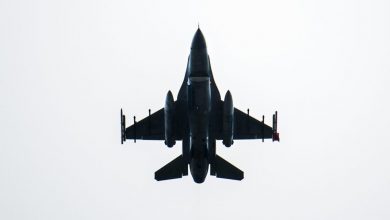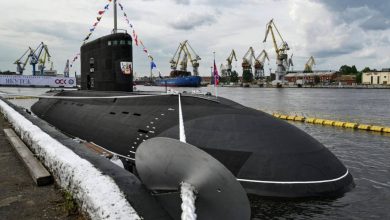Japan Selects Firms for High Speed Landing Craft Development

British engineering company BMT and Yokohama-based Japan Marine United (JMU) have secured a contract to develop a next-generation High Speed Landing Craft for the Japan Self Defense Forces.
Under the agreement, London-based BMT will integrate its maritime systems design expertise with JMU’s surface vessel construction capabilities to produce the ship for the program.
The future vessel will be based on BMT’s existing Caimen Family of Landing Craft, which is currently offered in the UK for international military partners.
Assembly of the craft will take place at JMU’s manufacturing sites across Japan.
“We are pleased to announce the strategic partnership with BMT, which will see our company meet the procurement programmes of the Japan Ministry of Defense,” JMU Director and Senior Managing Officer Akinori Takeno stated.
“By combining BMT’s innovative design concepts with our exceptional technologies and facilities, we hope to deliver landing crafts that exceed expectations. This partnership highlights our commitment to innovation and excellence in the maritime industry.”
‘Reliable’ Platform
The planned High Speed Landing Craft will have a length of 30 meters (98 feet) and a specialized tri-bow hull form to effectively support performance, seakeeping, and beaching tasks.
Based on research and development in line with the armed forces’ requirements, the boat will sail at more than 20 knots (37 kilometers/23 miles per hour), securing availability for critical missions.
Upon completion, the future ship is expected to transport tactical vehicles and personnel “swiftly and safely under various maritime conditions.”
“The next-generation High Speed Landing Craft stands out as a pivotal investment for the Japan Self Defense Force,” BMT Commercial Maritime Sales Head Martin Bissuel commented on the recent contract award.
“Caimen Japan offers an advanced, reliable, and highly functional platform that enhances their maritime operational capabilities significantly. This contract underscores the importance of international partnerships in achieving technological and defence advancements.”





